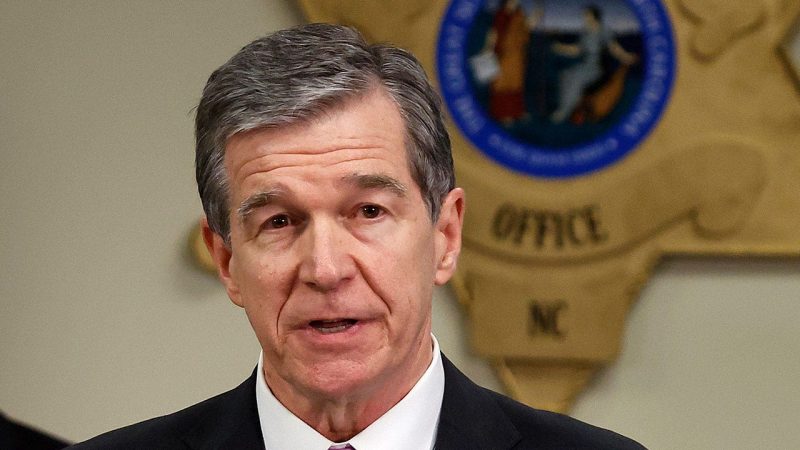
North Carolina Gov. Cooper’s farm bill veto may soon be overridden by Republican lawmakers
Republicans in the state legislature on Monday began efforts to override Democratic Gov. Roy Cooper’s veto of the General Assembly’s annual farm bill, with the Senate successfully voting to enact the legislation despite his objections about how it would treat wetlands.
Cooper had blocked the measure last Friday, citing criticisms that also came from environmental groups about a provision that they said would increase risks of pollution and flooding when combined with a recent U.S. Supreme Court decision and existing state law.
But Republicans downplayed the threat, saying the changes would align the state’s scrutiny of wetlands with federal law and regulation and largely affect isolated terrain that rarely floods.
‘It is obvious that we have a huge divide in our philosophies of what wetlands are … in the state of North Carolina, as well as some discrepancy on how many acres will be affected,’ said Sen. Brent Jackson, a Sampson County Republican and the bill’s chief sponsor, before the 29-17 vote.
Cooper’s administration has said it would leave about half of the state’s wetlands unprotected.
‘This will be a matter of difference of impact when we have a hurricane that drops millions of gallons of water on us and then it has nowhere to go,’ said Democratic Sen. Graig Meyer of Orange County, who opposed the provision. ‘That will be so damaging to our people, including the farmers of North Carolina.’
The measure now goes to the GOP-held House and would become law if that body also votes to override the veto by a margin similar to that in the Senate. The House set votes on Tuesday on the farm measure and on override motions on four other vetoed measures for which overrides were passed by the Senate last week.
The North Carolina Farm Act of 2023 also contains provisions on more than 30 other agriculture-related topics. They include limits on monetary penalties for cutting down timber in certain areas near bodies of water and telling veterinarians at least a week in advance before state regulators inspect their offices.
<!–>
–>
